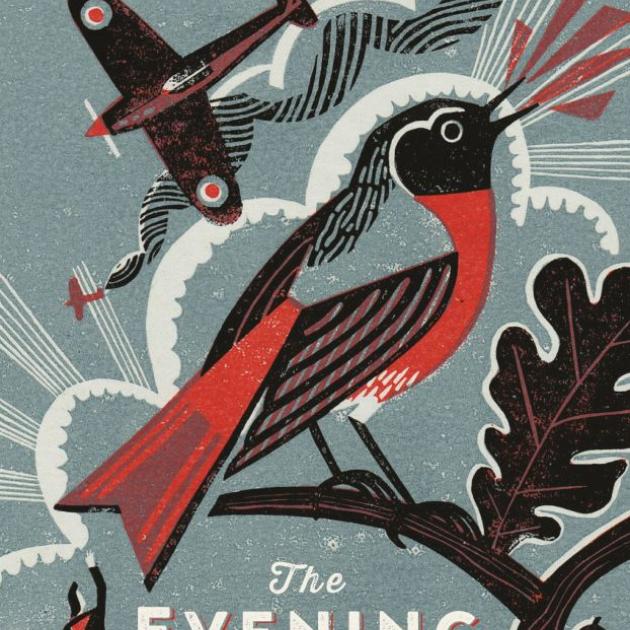
James, a reserved, somewhat awkward man, is a prisoner of war captive in a German army camp.
His young wife Rose is back home in their English countryside cottage, finding it dangerously easy to live without her husband, a problem brought into relief when James' sister Enid arrives, seeking refuge from bombed out London and carrying her own secret heartache with her.
James, Rose and Enid are brought to life with gentle but clear brushstrokes, so as to make the characters and their dilemmas instantly recognisable.
Humphreys' structuring of the novel also allows us to see different aspects of the same character. In the first section, told from James' point of view, we see him burying himself in studying a nest of redstarts, and understandably so.
What else is there to do in a POW camp, and how else are you supposed to keep yourself sane? But in the next section, we experience first hand Rose's frustration with James, with his letters full of birds and bereft of any indication of his love for her.
In this way, Humphreys turns her characters like prisms in light, allowing us to glimpse all their different facets.
As all three characters struggle to cope with their drastically different lives, the natural world comes to provide a solace and distraction for them.
Its fleeting beauty is delicately captured by Humphreys and gives the novel a wistful, yearning quality.
But that wistfulness is also somehow lovely, and, at crucial points, gives the novel some sublime moments of hope. These memorable characters endure in the mind long after you close the book. A lovely novel.
Feby Idrus is a writer, musician and student.











